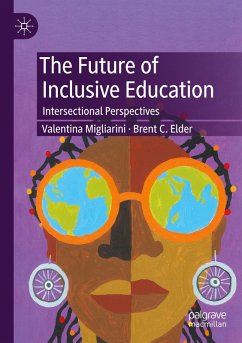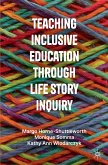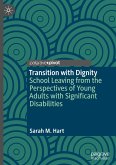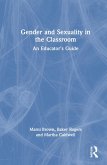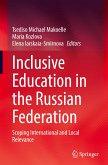This book addresses the tensions of existing theories and practices of inclusive education from an international perspective. Adopting Disability Critical Race Theory in Education (DisCrit) and Critical Disability Studies (CDS), the authors expose how race neutral knowledge characterizes inclusive education and exhorts readers to consider how intersectional perspectives provide more complex and nuanced understandings about ways in which racism and ableism simultaneously circulate as intersecting oppressions in schools and societies and across geographical borders. The authors begin by engaging in a critical analysis of the genesis of inclusive education before exploring how existing policies and practices of inclusive education in the global North evade the collusive nature of oppressions faced by minoritized students with disabilities and are uncritically transferred into the global South. Ultimately, the book encourages readers to reconceptualize inclusive education and move towards developing and sustaining transformative notions of global justice.
Bitte wählen Sie Ihr Anliegen aus.
Rechnungen
Retourenschein anfordern
Bestellstatus
Storno

